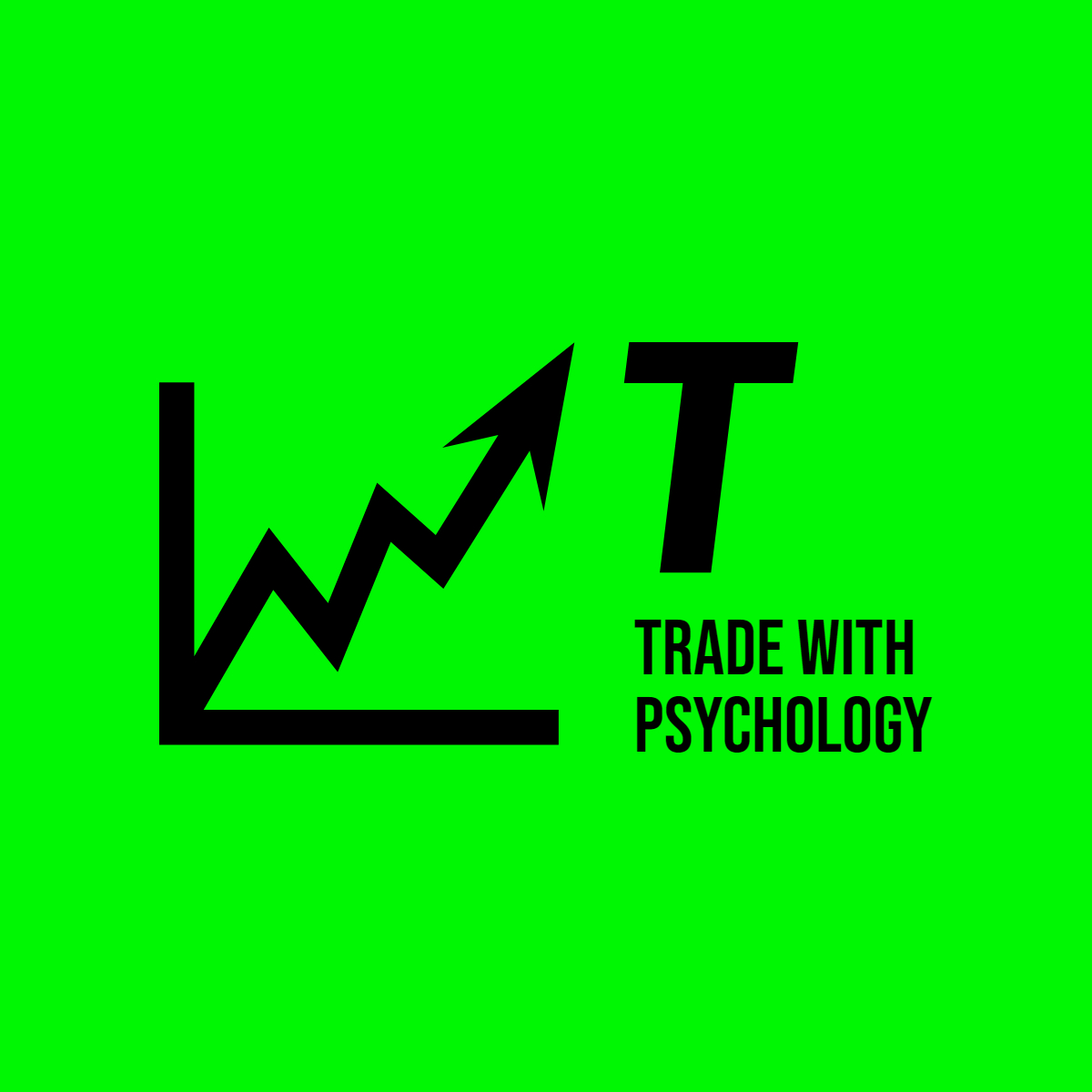Different Types of Stock Market Participants
Different Types of Stock Market Participants
The stock market comprises various participants, each with distinct roles, objectives, and characteristics. Understanding these participants is crucial for comprehending market dynamics and making informed investment decisions. Here are the primary types of stock market participants:
1. Speculators
Speculators aim to profit from price fluctuations in the market. They take on higher risks with the expectation of higher returns. Speculators include retail traders and hedge funds, who actively trade securities to capitalize on short-term market movements.
2. Hedgers
Hedgers seek to reduce or eliminate the risk of adverse price movements in an asset. They use financial instruments like futures and options to protect their investments. For example, an airline company might hedge against rising fuel prices by purchasing futures contracts on crude oil.
3. Arbitrageurs
Arbitrageurs exploit price discrepancies of the same asset in different markets to make risk-free profits. They simultaneously buy and sell the asset in different markets to take advantage of the price difference. Due to high transaction costs and algorithmic trading, arbitrage opportunities are rare.
4. Market Makers
Market makers provide liquidity to the market by continuously quoting buy and sell prices for securities. They facilitate smooth trading by ensuring there is always a buyer or seller for a security. Market makers earn profits from the spread between the bid and ask prices.
5. Institutional Investors
Institutional investors are large entities that invest substantial amounts of money in the market. They include:
- Mutual Funds: Pool money from individual investors to invest in a diversified portfolio of securities.
- Pension Funds: Invest retirement savings to generate returns for future payouts.
- Insurance Companies: Invest premiums collected from policyholders to meet future claims.
- Hedge Funds: Use various strategies to achieve high returns, often involving higher risks.
- Endowment Funds: Managed by institutions like universities to fund their operations and growth.
6. Retail Investors
Retail investors are individual investors who buy and sell securities for their personal accounts. They typically invest smaller amounts compared to institutional investors and often rely on brokers or online trading platforms for executing trades.
7. High Net Worth Individuals (HNIs)
HNIs are wealthy individuals who invest large sums of money in the stock market. They often have access to better information and investment opportunities compared to average retail investors.
8. Foreign Institutional Investors (FIIs)
FIIs are foreign entities such as hedge funds, asset management companies, and sovereign wealth funds that invest in domestic markets. They bring significant capital and can influence market movements due to the large volumes they trade.
9. Domestic Institutional Investors (DIIs)
DIIs include domestic entities like banks, insurance companies, and mutual funds that invest in the local stock market. They play a crucial role in providing liquidity and stability to the market.
10. Stock Exchanges
Stock exchanges are platforms where securities are bought and sold. They provide the infrastructure for trading and ensure transparency and fairness in the market. Examples include the New York Stock Exchange (NYSE) and the National Stock Exchange (NSE) in India.
11. Regulators
Regulatory bodies oversee the functioning of the stock market to ensure fair practices and protect investors. In the U.S., the Securities and Exchange Commission (SEC) is the primary regulator, while in India, it is the Securities and Exchange Board of India (SEBI).
12. Stockbrokers
Stockbrokers act as intermediaries between investors and the stock market. They execute buy and sell orders on behalf of their clients and provide investment advice and research. Brokers can be full-service, offering a wide range of services, or discount brokers, providing basic trading services at lower costs.
13. Market Intermediaries
Market intermediaries include entities like clearing houses, depositories, and custodians that facilitate the settlement and safekeeping of securities. They ensure the smooth execution and completion of trades.Understanding the roles and interactions of these participants helps in navigating the complexities of the stock market and making informed investment decisions.



